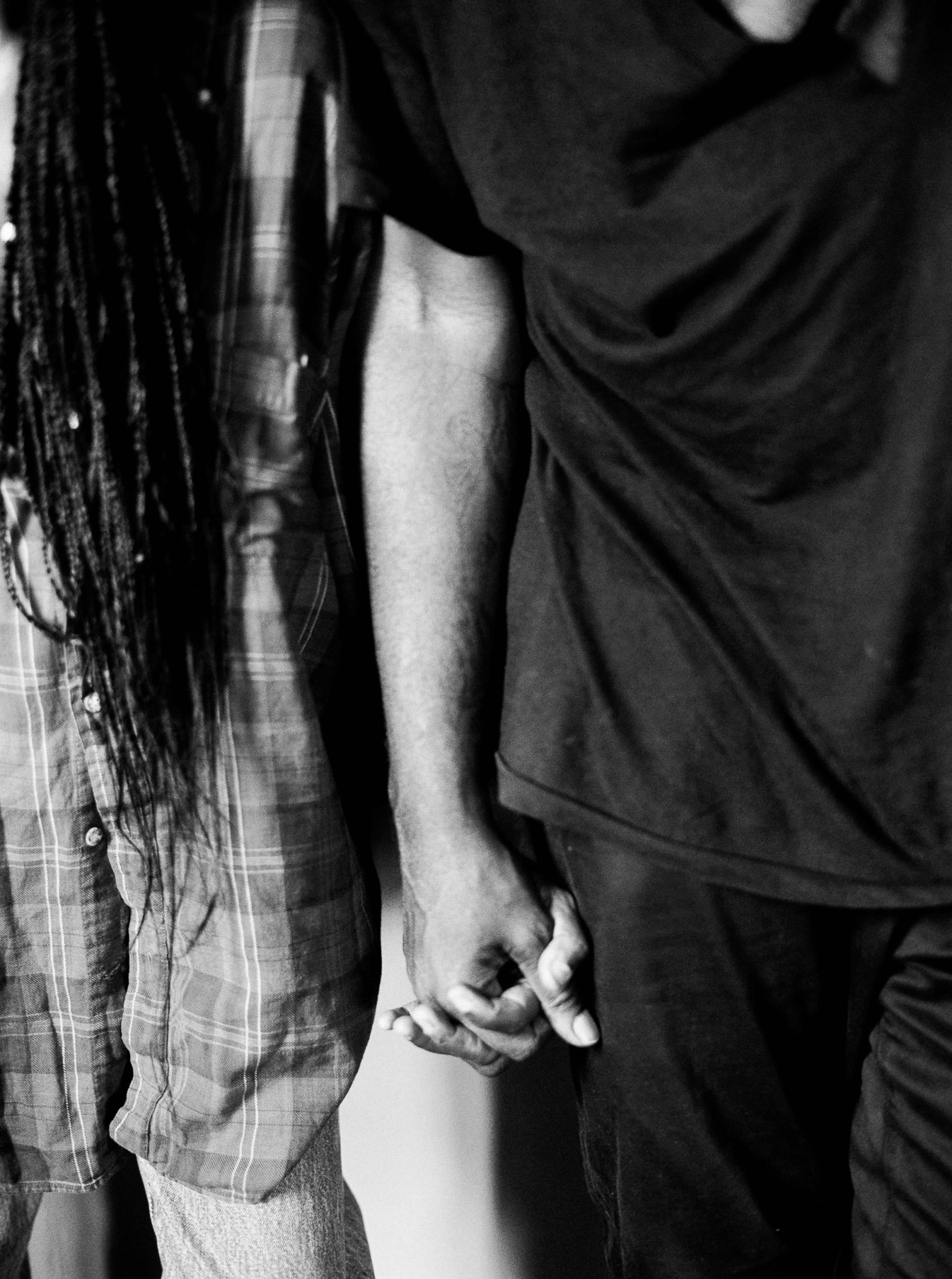What Is Codependency?
Codependency is a term you may have heard before. Often used, but sometimes misunderstood, codependency is a complex pattern that is often woven into our lives, with or without our knowledge.
In this post, we’ll explore what codependency is and how to deal with it in order to free ourselves from any pain or discomfort that it may cause and enter relationship with others as our true authentic selves.
What is Codependency?
VeryWellMind defines codependency as:
“Codependency refers to a mental, emotional, physical, and/or spiritual reliance on a partner, friend, or family member.The term was originally coined in the 1950s in the context of Alcoholics Anonymous to support partners of individuals who abused substances, and who were entwined in the toxic lives of those they cared for.”
Although originally coined as a term to describe partners of alcoholics, codependency is now more widely associated with a general reliance on a close personal contact like a spouse, family member or friend. It is often present amongst close contacts to people dealing with substance abuse problems, abuse or mental health issues, however, this is not always the case.
It’s important to note that codependency is not a diagnosis, but a behavioural pattern which can incorporate aspects of different attachment styles and can be paired with an official mental health diagnosis or exist on its own.
Unlike some other areas in mental health, codependency is less about the person who is struggling with substance abuse, anger issues…etc, but more so used to describe the person/s in close proximity (physically or mentally) to this person. It is a pattern taken on by the close person, which describes some of their attachment patterns, lack of boundaries or over assertion of “helpfulness”/responsibility for the other.
This type of pattern in relationships can form between any two or more people.
How Do I Identify Codependency?
Now that we have a working definition of what codependency is, it may become easier to spot the patterns. Below are some common signs that you or someone you know may be codependent:
-
Rescuing behaviour i.e. trying to regulate the actions or behaviours of someone you deem to be unable to do so for themselves.
-
Trying to fix others or a pattern of seeking relationships with people who you feel you can/should change.
-
Doing things or saying things that go against your values, for the perceived benefit of someone else.
-
Feeling lost or void of your own identity/purpose.
-
A deep need to please people or be liked by others.
-
Apologizing for someone else’s behaviour.
-
Assurance seeking and constantly checking in with people for permission or reassurance.
-
Feeling your sole purpose is to help or fix others.
-
Ask yourself what your hopes and dreams are or to describe yourself. If you’re unable to answer these questions without referring to helping other, this may be a good clue.
-
Know that codependency is associated with attachment style, which can be instilled in us from a young age. Although it’s not guaranteed that growing up with a parent who suffered from alcohol abuse means you’ll develop codependent tendencies or seek out partners who also abuse alcohol, but there is a strong correlation between our family of origin and the people we actively seek out in adult relationships.
How Do I Break the Cycle?
Codependency is often covert and it can be hard to decipher what’s healthy vs unhealthy when in relationships with others you care about. However, now that we know what it is and how to spot it, we can more easily break the habits and become less codependent for the benefit of ourselves and others.
Here are some tips on how to do just that:
-
Create Space
-
Now that you’ve identified the codependency in your relationship, it may be best to take some time or space apart. This doesn’t have to be an extreme measure, it can look like picking up a hobby or spending a little time with other friends/family outside of the relationship.
-
-
Set Boundaries
-
This can and probably will feel awkward or hard to do, but identifying when your boundaries are being crossed and correcting that pattern is vital.
-
-
Take A Hard Look in The Mirror
-
It’s often easy to blame an alcoholic for everything that is wrong within a relationship, but it’s important to reflect on what you gain from the role you play in a codependent relationship. Does constantly helping this person reaffirm your believe that you’re a good person? Does trying to change their behaviour or regulate their actions help you feel less anxious or like you have control over the situation? In order to change, we must acknowledge the roles we also play in dysfunctional relationships. However, this is in no way an excuse for dangerous or harmful behaviour or abuse.
-
-
Seek Assistance
-
As you go through your journey you may find that you require help from a professional when trying to break the pattern of codependency. Working with a mental health professional to delve into family of origin work, as well as CBT techniques or specialized group therapy can all help.
-
Want to learn more? Consider working with a member of our team, trained in relationships and codependency.








